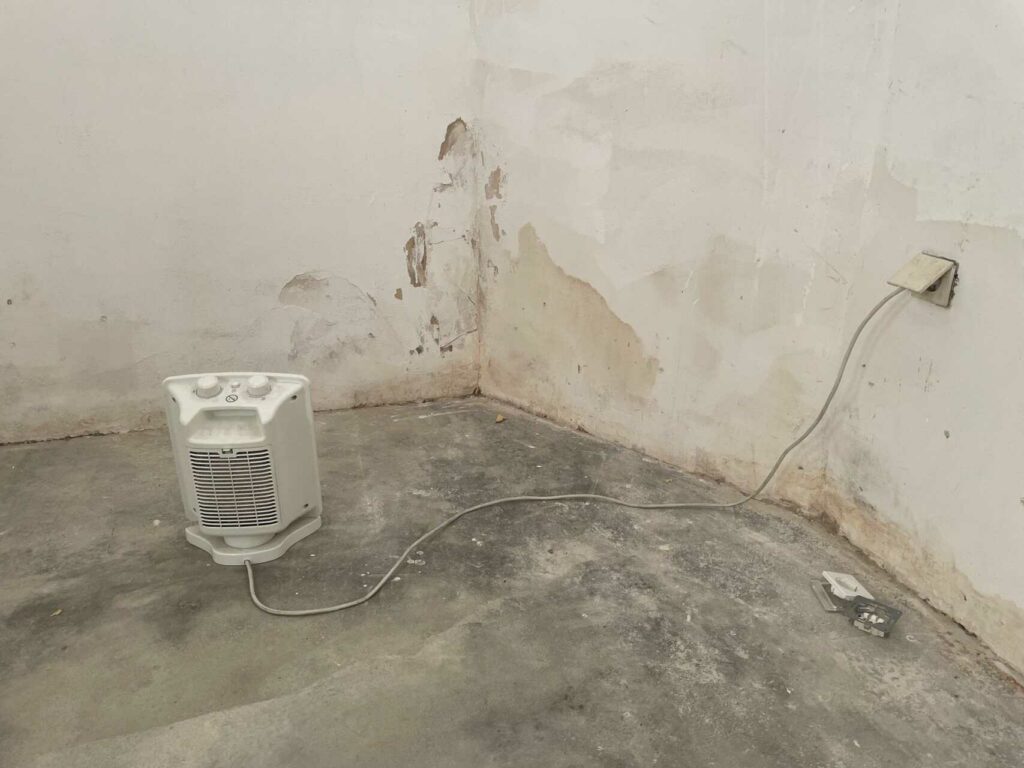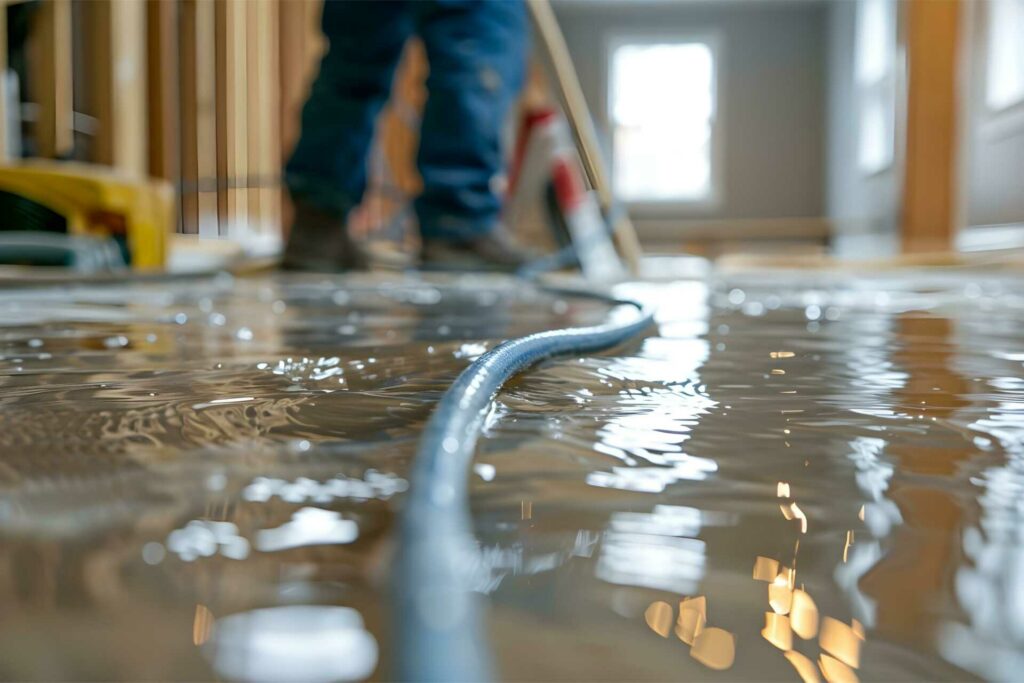Contents
What To Expect from This Article
- Whether you are a homeowner or a property manager, you might be relieved to know home improvement projects and upgrades are tax deductible.
- However, these tax deductions are limited to several home improvements and upgrades.
- Keep reading as we share a list of home improvements eligible for tax deductions that will save you time researching, making better decisions, and reducing the project’s final cost.
- If you use your home as your primary workplace, the improvements made to the home office are tax deductible.
- Apart from making the right home improvement choices, picking a reliable service provider is imperative.
Adding Value vs Reducing Your Tax Bill
Whether you are a homeowner or a property manager, you might be relieved to know home improvement projects and upgrades are tax deductible. However, these tax deductions are limited to several home improvements and upgrades. Keep reading as we share a list of home improvements eligible for tax deductions that will save you time researching, making better decisions, and reducing the project’s final cost.
Not every home improvement project or upgrade that adds value to the qualified property is tax deductible. For example, if you plan to make a patio or construct a suite for in-laws, these projects are tax deductible only if they increase the property’s value. Just because something is aesthetic doesn’t mean it carries into tax season. These changes primarily impact other projects like installing central air conditioning units or replacing your window glass with energy-efficient alternatives. Energy-efficient upgrades you make can provide you with a tax credit of 10% of the project’s cost.
However, this percentage varies slightly with the total cost of the improvement. A tax credit of up to 26% can also be availed for installing renewable energy improvements like wind turbines, solar systems, and geothermal heat pumps.
No matter the project size, it takes time, effort, and effective management to make the home upgrade a success. Besides showing determination and putting in the effort to make noticeable upgrades, finding and working with the best home improvement businesses in your area is imperative to achieve quality results. That’s where Home Service Hookups come in.
We specialize in connecting reliable local businesses to homeowners and property managers, ensuring top-quality service and peace of mind of getting your project completed as expected.
Home Improvements That Increase Longevity
Structural changes that improve the property’s longevity are tax deductible. Some examples are replacing your roof, adding insulation to the attic, upgrading the property’s foundation due to changing weather conditions, and redoing ductwork. These upgrades increase the resale value of the property. Repairing roofs, insulations, or the foundation’s structure does not count as tax-deductible improvements under this category. However, you still can’t benefit from these structural home upgrades tax-wise because you’ll be minimizing any due capital gain taxes when you sell the property.
Upgrades Related to Medical Care
If you or any family member requires home upgrades due to their medical condition, the project’s cost will become tax deductible. Adding railings to stairs, installing a home lift, widening doorways, and lowering cabinets are all upgrades that are tax deductible. Making structural changes like installing an elevator for a person with mobility issues or removing several walls to make the living space more accessible for handicapped people will also count as a tax-deductible home upgrade. However, you’ll only be eligible to deduct tax only when the medical expenses are 7.5% above your adjusted gross income (AGI).
Improvements to Your Home Business
If you use your home as your primary workplace, the improvements made to the home office are tax deductible. These deductions apply when you are working from home and are self-employed. Besides being self-employed, your home office must be used exclusively for office work and should be the primary place where you conduct your business operations. However, if you are a work-from-home W2 employee, you will not be eligible for any of these office improvement tax deductions.
Besides the aforementioned home improvements, minor repairs like fixing a broken window or home maintenance projects like cleaning gutters or painting the interior are not tax deductible. Apart from making the right home improvement choices, picking a reliable service provider is imperative. At Home Service Hookup, we ensure homeowners and property managers find the most reliable and budget-friendly option, making their home upgrades a success.
Look at our directory of amazing home service professionals and start calling them to find if they are the right fit for you!
Disclaimer: Please note that I am not an accountant or a financial advisor. The information provided in this blog post is based on my personal experience and research, and may not be suitable for your specific business needs or circumstances. It is important to consult with a qualified accountant or financial advisor before making any financial decisions for your business. The advice provided in this post should be considered as general information only and should not be relied upon as a substitute for professional advice. Your accountant can review the advice provided here and determine if it is applicable to your unique situation.




